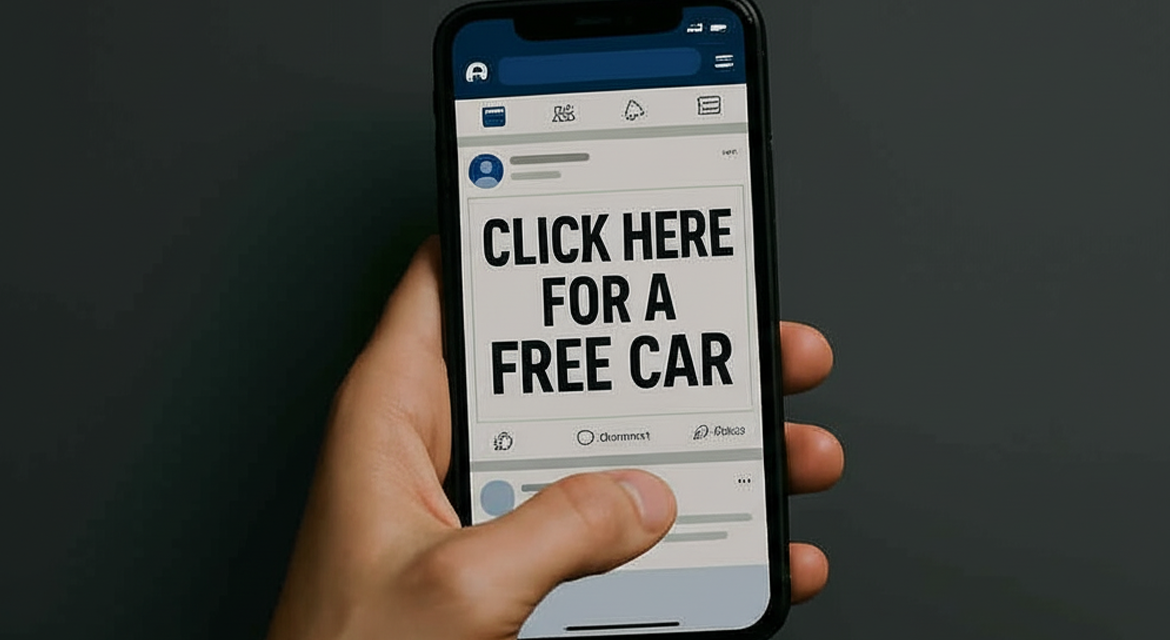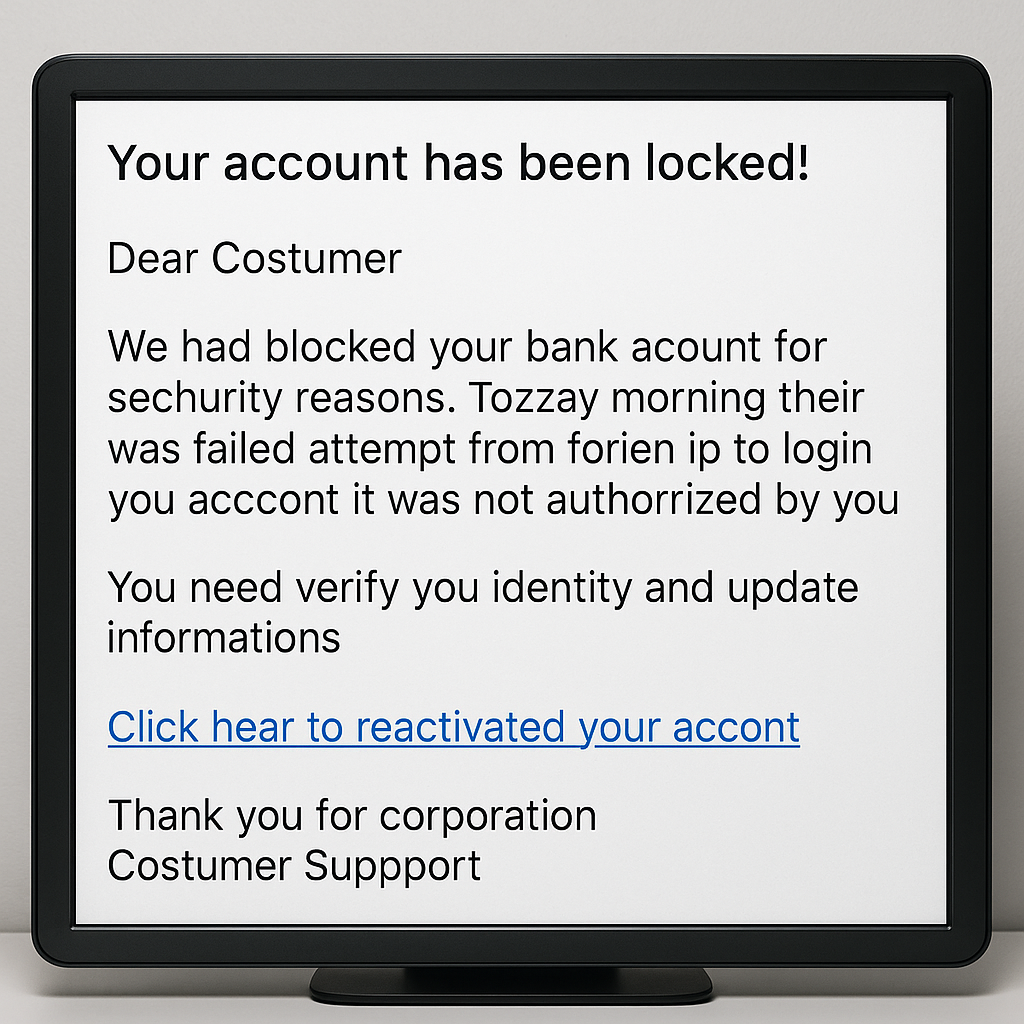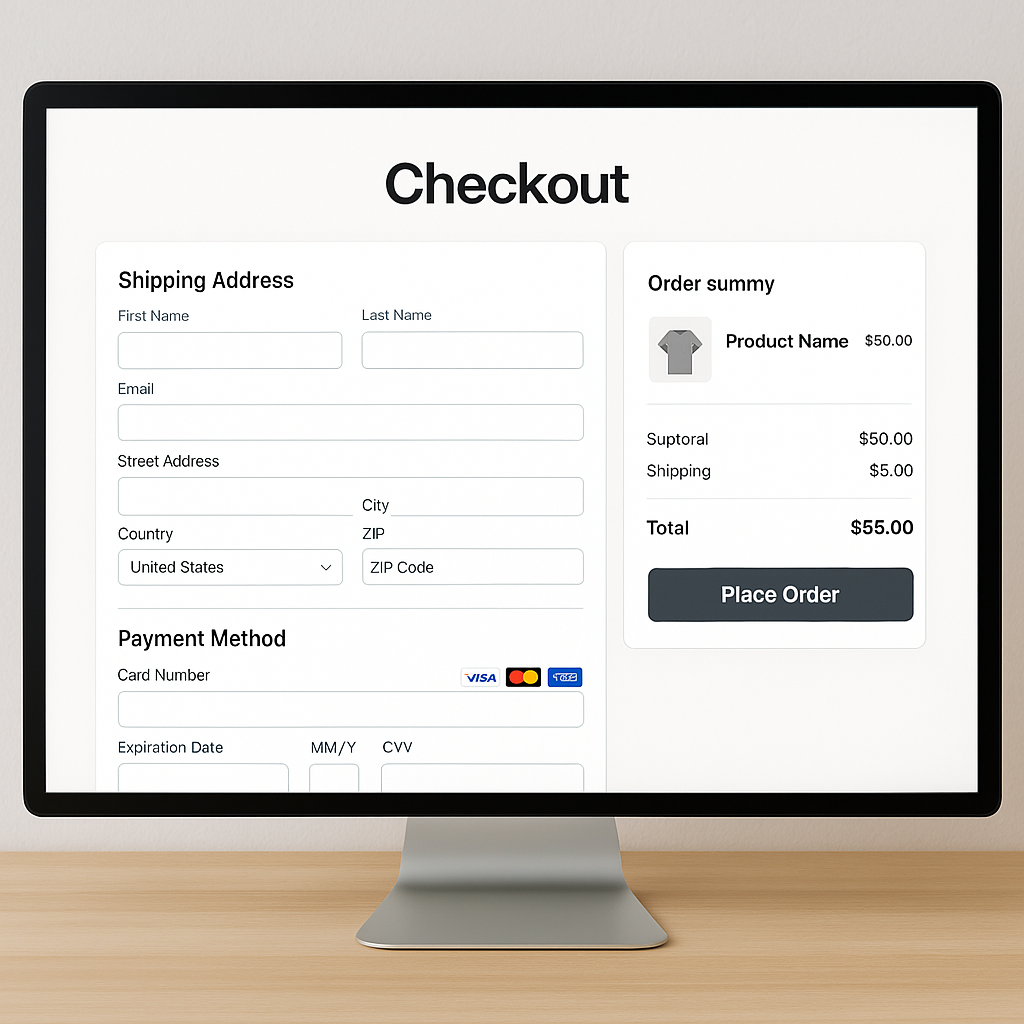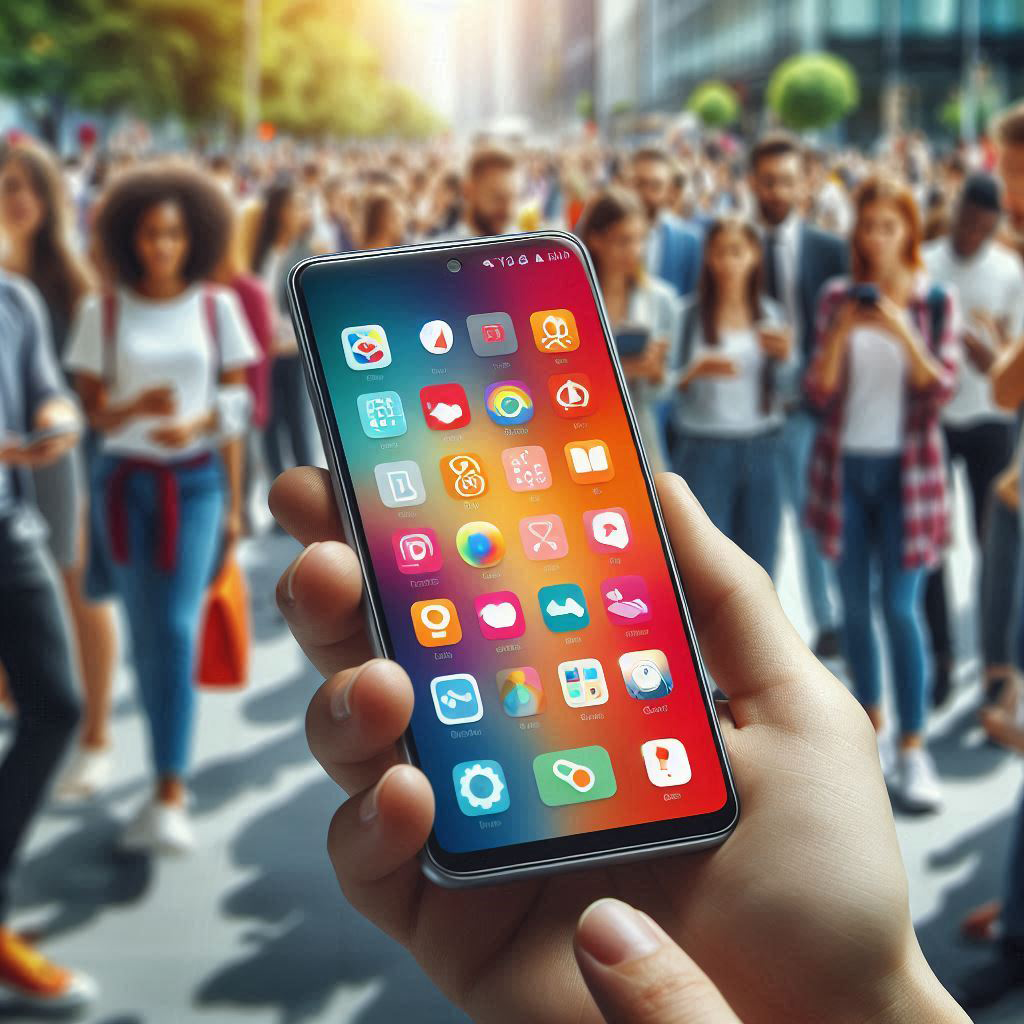Ah, social media—a magical land where you can reconnect with old friends, share your avocado toast, and, unfortunately, fall for scams so absurd they could be plotlines in a soap opera. Yes, the digital jungle is teeming with wily scammers, and if you're not careful, you might find yourself wondering why you just paid $500 for a "guaranteed" unicorn sighting.
But fear not, dear reader. Grab your virtual flashlight and let’s navigate the murky waters of social media scams together. And because life is too short to be serious all the time, let’s have a few laughs along the way.
1. The "You’ve Won a Prize!" Scam
Picture this: you’re sipping your morning coffee when your phone pings with a message that shouts, “Congratulations! You’ve won a luxury cruise!” The promised dream vacation includes everything—five-star dining, dolphin tours, and even a personal butler. All you have to do is click a link and “confirm your details.”
Here’s the kicker: you didn’t enter a contest. But who cares, right? Free cruise! Except… it’s not. The moment you click that link, you’re either granting scammers access to your personal data or downloading malware faster than your internet speed test results.
**How to Avoid It:** Remember, legitimate companies don’t ask for private information via DM. If the message includes 12 exclamation points, random capitalizations, and spelling errors that would make your grammar teacher weep, it’s probably a scam. Also, if you’re unsure, check the company’s official social media page or website to confirm any giveaways. Spoiler: They didn’t pick you.
2. The "Overly Generous Stranger" Scam
“Hi, I’m a philanthropist billionaire, and I’ve selected YOU for my Give Away $10,000 challenge because your vibes are unmatched!” Well, your vibes are great, but this? Not so much. These scams often start with lavish compliments and promises of free money. However, as soon as you take the bait, you’re asked to provide “processing fees” or banking details to receive your reward. Spoiler alert: the only thing you’ll get is regret.
Let’s be real: Oprah isn’t DMing you with cash. And if she were, she wouldn’t be using an account with no profile picture and a username like @BigMoneyOprah123.
**How to Avoid It:** If it sounds too good to be true, it’s a scam 100% of the time. No legitimate philanthropist needs “processing fees” to give you money. Stick to verified accounts, and if you’re ever in doubt, Google the claim before engaging. Save your energy for real opportunities, like finding the perfect TikTok recipe to try this weekend.
3. The "Fashion Forward (But Fake) Store" Scam
Scrolling through your feed, you spot an ad for $1 Gucci handbags or Louis Vuitton shoes that are 90% off. The pictures are glossy, the captions are filled with emojis, and the prices? Too good to pass up. You eagerly click, place your order, and then wait… and wait. Weeks later, a suspiciously light package arrives. Inside is a flimsy product that could have been made during a high school craft project.
These pop-up stores often vanish as quickly as they appear, leaving you out of pocket and holding a cheap knockoff. Worse, some scammers don’t even bother sending you anything—they just vanish with your money.
**How to Avoid It:** Always check reviews from credible sources before purchasing. If a store has more typos than a toddler’s handwriting or forces you to pay through shady methods like gift cards or direct bank transfers, run the other way. And remember, luxury brands don’t sell their items for pennies on the dollar. Your wallet (and your dignity) will thank you.
4. The "Friend in Distress" Scam
You’re scrolling through social media when you get a DM from an old friend: “Hey, I’m in trouble. I lost my wallet while traveling in Paris and need $1,000 to get back home. Can you help?” Now, unless your friend is James Bond, they’re probably not globe-trotting on secret missions and getting stranded abroad. Scammers often hack accounts and impersonate people you know, banking on your goodwill to send money quickly.
These messages usually come with a sense of urgency—“I need cash NOW!”—making you less likely to question their authenticity. But if you dig a little deeper, you might find that your “friend” is actually binging Netflix at home with zero travel plans.
**How to Avoid It:** Call your friend directly. Nine times out of ten, they’re not stranded in Siberia—they’re just chilling at home binge-watching Netflix while a scammer impersonates them. Also, if the message seems off (e.g., their writing style is different), trust your instincts.
5. The "Clickbait Catastrophe" Scam
“BREAKING NEWS: Scientists discover how to lose weight by eating cake! Click here to find out more.” Let’s be honest—who wouldn’t click on that? But as soon as you do, your computer becomes a breeding ground for malware, and your personal data might be siphoned faster than you can say “chocolate frosting.”
Clickbait scams thrive on sensationalism, luring you in with exaggerated headlines and promises of bizarre discoveries. Once you’ve clicked, you’re either directed to a phishing website or unknowingly downloading a virus. And that weight-loss-by-cake secret? It doesn’t exist. Sadly.
**How to Avoid It:** Resist the urge to click sensational headlines. Trustworthy news sources don’t use words like “SHOCKING” or “YOU WON’T BELIEVE” in all caps. If the link looks like it was generated by a cat walking on a keyboard, stay far away. And remember: the only guaranteed weight-loss-by-cake option involves eating one slice instead of the whole cake. Sorry.
6. The "Romance Gone Rogue" Scam
Online dating is all fun and games until your match starts asking for money. They flood your inbox with sweet nothings and grand declarations of love, only to hit you with: “My mom is in the hospital, and I need $3,000 to pay her bills.” Or the classic: “My yacht is stuck in customs, and I need $5,000 to retrieve it.” Because nothing says romance like a financial sob story.
These scammers are experts at tugging on heartstrings. They target those seeking genuine connections, gaining their trust before introducing a fabricated emergency. And once the money’s sent? They vanish faster than your ex after a messy breakup.
**How to Avoid It:** If your new online love asks for money before you’ve even met in person, swipe left on them and their sob story. Legitimate relationships don’t start with financial requests. Save your hard-earned cash for someone who wants to split the bill on date night—not someone who needs help with their “yacht problem.”
Final Thoughts: Stay Sassy, Not Scammed
While social media scams can be tricky, staying vigilant and a tad skeptical can save you a lot of trouble—and money. When in doubt, follow this golden rule: If it feels off, it probably is. Think of these scammers as internet trolls—they thrive on your engagement, so the best response is no response at all.
So go forth, enjoy your memes, like those adorable dog photos, and block that “CryptoKing420” with pride. The internet is yours to conquer, scam-free!













